newsletter-061119

newsletter-050919
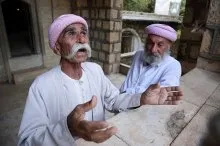
From several Kurdish testimonies, we see that for many Kurds who became followers of Christ, the very beginning of their life quest was absolutely the same. Both for our senior team member, who is the long-term translator, and for a younger team member, who has been a philological editor and an external reviewer of the Kurdish Scripture translation for several years, the path that finally led them to Christ started at the age of 8 or 9 years old with a realization that death awaits all. Our translator’s story was surprisingly similar to Prince Gautama’s: he saw a dead person being carried through their village to his funeral. The younger team member (let’s call him Alex) had a different life story: he was one of six children, and the only one who lived past childhood. At the age of 4 or 5 Alex lost his last remaining brother, and at the age of 8-9 his mind and heart became restless, tormented and hypnotized by questions about the inevitability of death and the meaning of life.
newsletter-300519
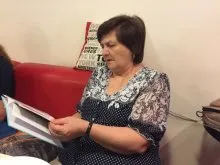
newsletter-010319
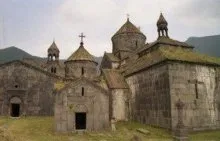
newsletter-011218
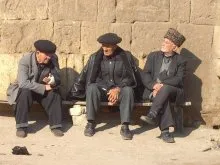
newsletter-010918
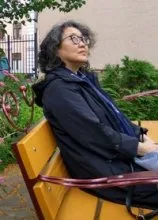
newsletter-010618

newsletter-020318
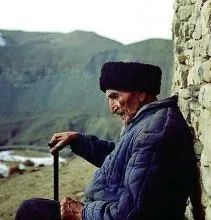
This is how Elisha (we’ll use this Biblical pseudonym for him) started the story of how he joined one of the Bible translation projects in the Caucasus. In our conversation, Elisha struck me as very eager to help, but equally reluctant to talk. His affability struggled with his firm determination to remain incognito, and only after my assurance that his name would not be revealed did Elisha start speaking at ease. His words proved to be a heartfelt testimony to the sense of responsibility and generosity so typical of the Caucasian cultures. During our half-hour interview, I was a total stranger who needed Elisha’s help, and he showed himself to be a most hospitable host who introduced me to the very best of his culture...
newsletter-051217

newsletter-010917

